Lifestyle
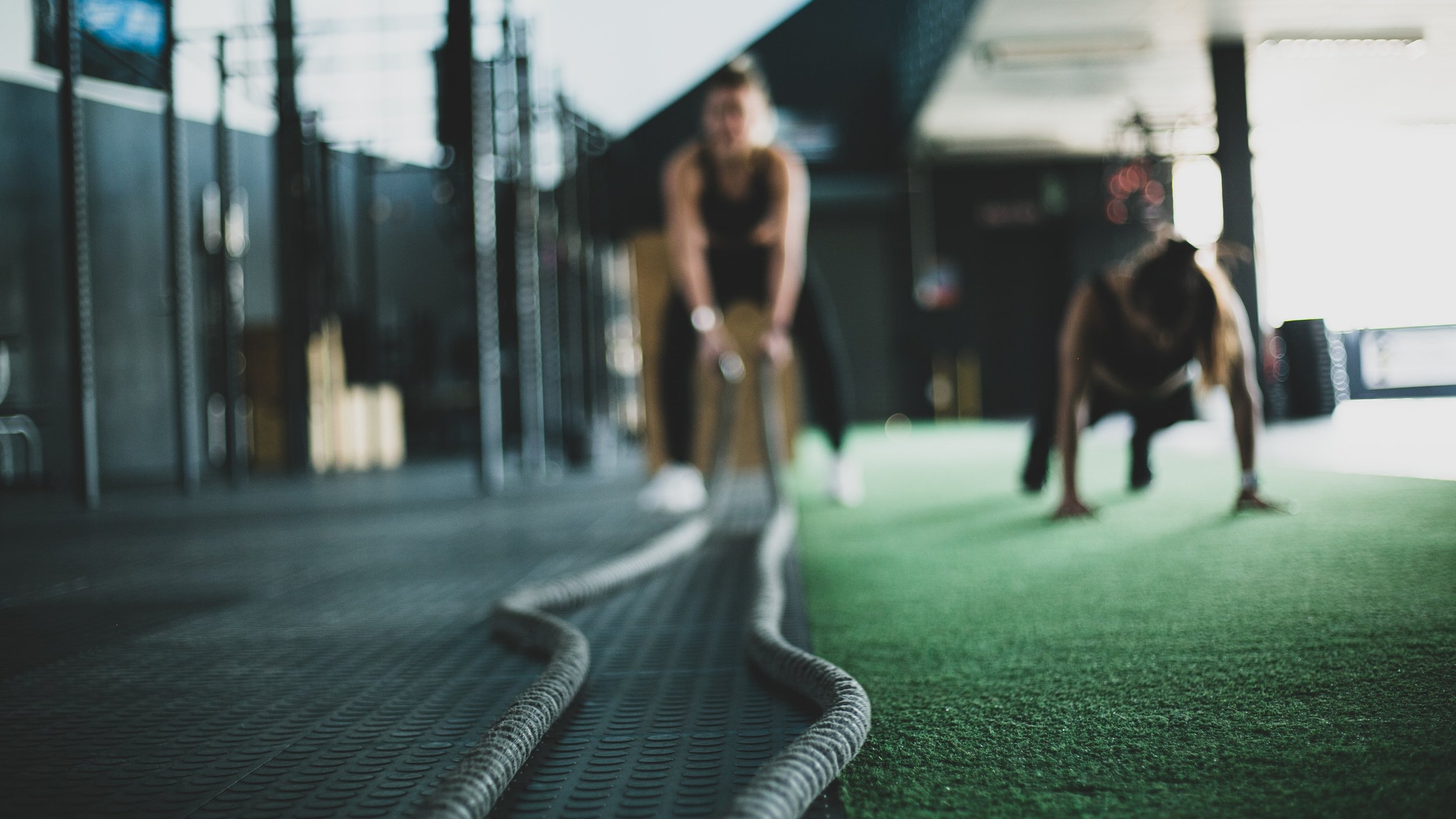
Mental health and physical health have commonly been considered two entirely different and separate things. However, the two are very closely related in many different ways. At the broadest level, poor mental health negatively impacts one’s physical health and poor physical health may negatively impact one’s mental health. However, positive physical health promotes improvements in mental health and vice-versa. Many factors contribute to both one’s physical health and mental health; however, the benefits, or consequences, one has on the other are significant.
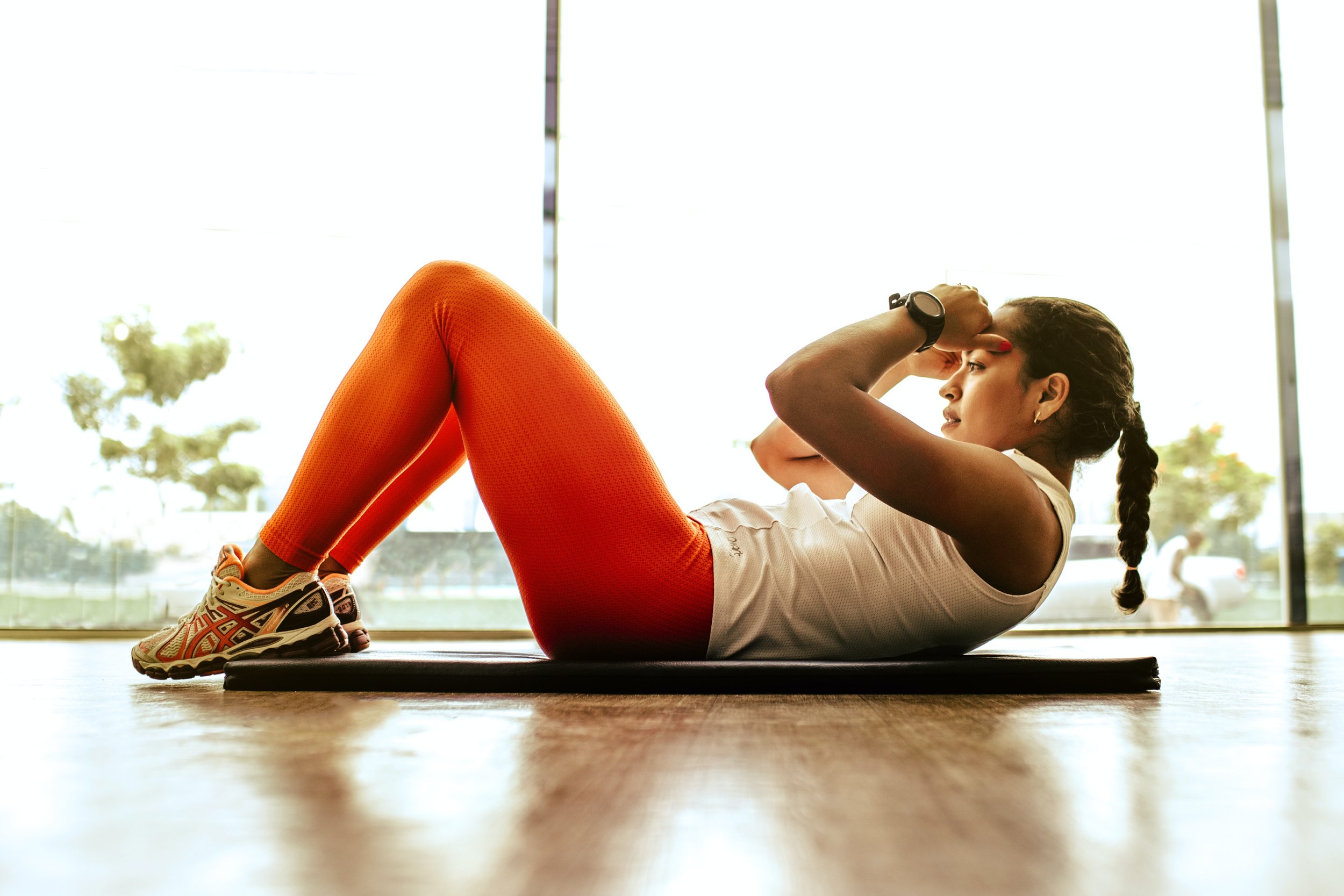
The mind and body are often seen as separate, but mental health and physical health are closely related. Having good mental health can positively affect your physical health, as well as the reverse.

You would not be alone if you are concerned about the possible negative effects on your mental health around the winter season. Many people label this season as one of the most stressful times of the year, while some stress is unavoidable, too much stress can challenge your ability to cope.

As we begin to prepare for the holidays, this is also the time we turn back our clocks to standard time. In order to remember which way the clocks move, we’ve named it “fall back” & “spring forward.” Falling back means changing the clocks back one full hour, resulting in earlier sunsets & later sunrises. This ultimately means more darkness throughout the rest of Fall & Winter. Darkness can feel increasingly isolating & is known to exacerbate already existing mental health problems such as depression & anxiety. Changing back the clocks also negatively impacts our circadian rhythm (body clock), disrupting our sleep/wake cycle & the production of melatonin. Darkness increases the production of melatonin, thus leaving us to feel more tired, sleepy & fatigued in the winter months. In essence, sunlight is directly linked to our circadian rhythm therefore it is no surprise that when the sun goes down, we begin to get sleepy, even if it’s only 5pm!

Mindfulness is the practice of being aware of our environment, bodily sensations, thoughts & feelings. It is a minute-by-minute sense of awareness that is often overlooked, ignored & unnoticed. It is the idea of stopping to smell the roses! Additionally, mindfulness is a form of acceptance. Acceptance of our current thoughts & feelings in a judgement free, unbiased zone. We are usually so quick to judge our thoughts & feelings in a way that can be harmful, therefore mindfulness encourages us to be kinder & more accepting of ourselves.
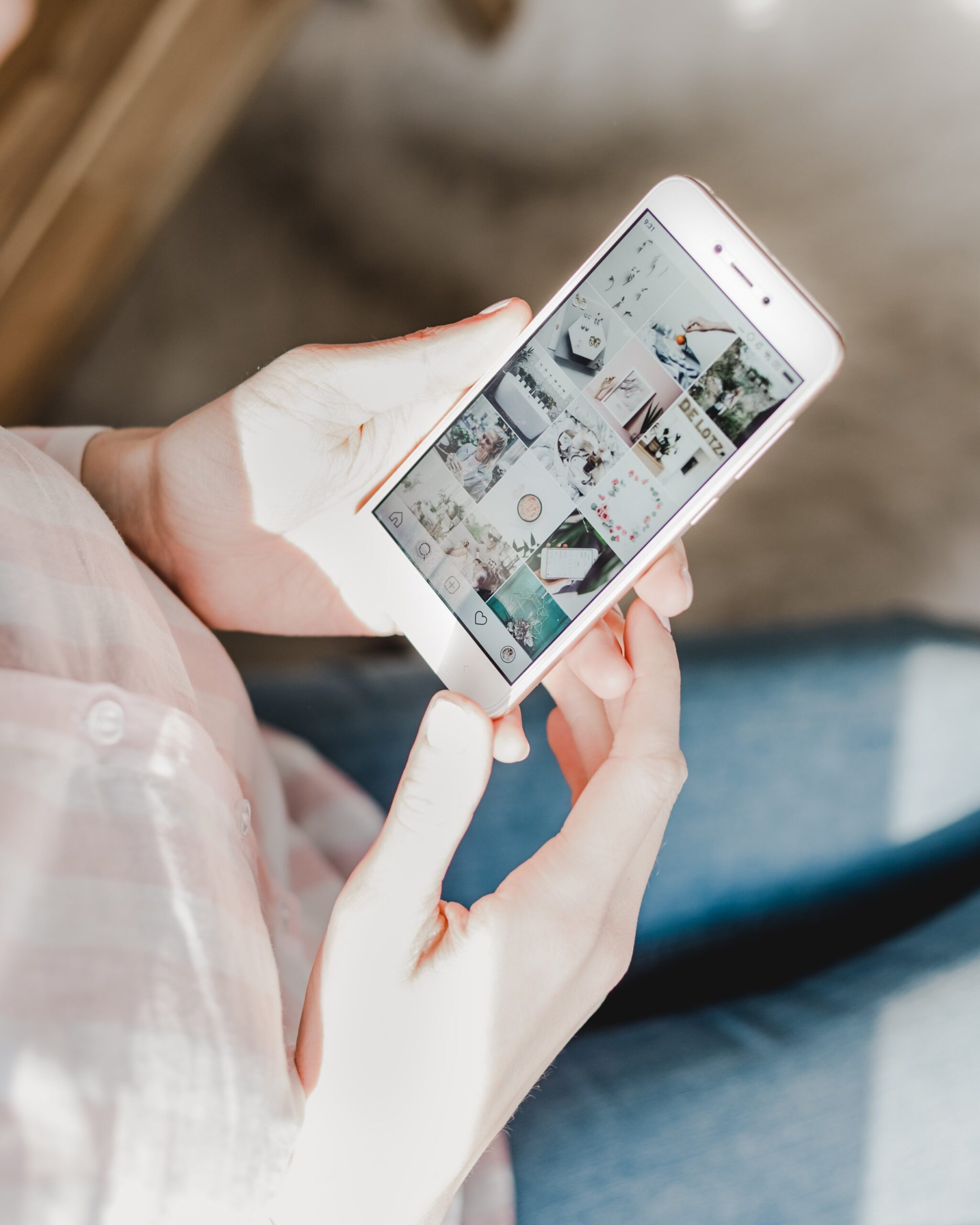
The rise of social media has been one of the greatest changes our culture has seen over the last two decades. What began as a niche activity for younger generations has become a worldwide phenomenon for everyone of all ages, genders and backgrounds. Social media has allowed us to talk to and engage with friends and family across the globe with ease, access professional services from our homes, receive news and information with the click of a button, and engage in our hobbies and interests anytime and anywhere. However, as social media use continues to become more and more prevalent, and many users find themselves using social media more frequently, many people have found themselves experiencing harmful consequences as a result.

The phrase “Sunday scaries” is one that has been normalized and frequently used in our society to refer to the “fear” or anxiety that comes on a Sunday when anticipating the upcoming work week. Due to this, Sundays have slowly become less of a relaxing weekend day and have become replaced with feelings of worry, restlessness, and a sense of dread. While it is okay to begin to anticipate the upcoming work week, it becomes problematic when the “Sunday scaries” completely take control and ruin the day. Overall, it is possible to take back control of your Sunday and not make it so scary.
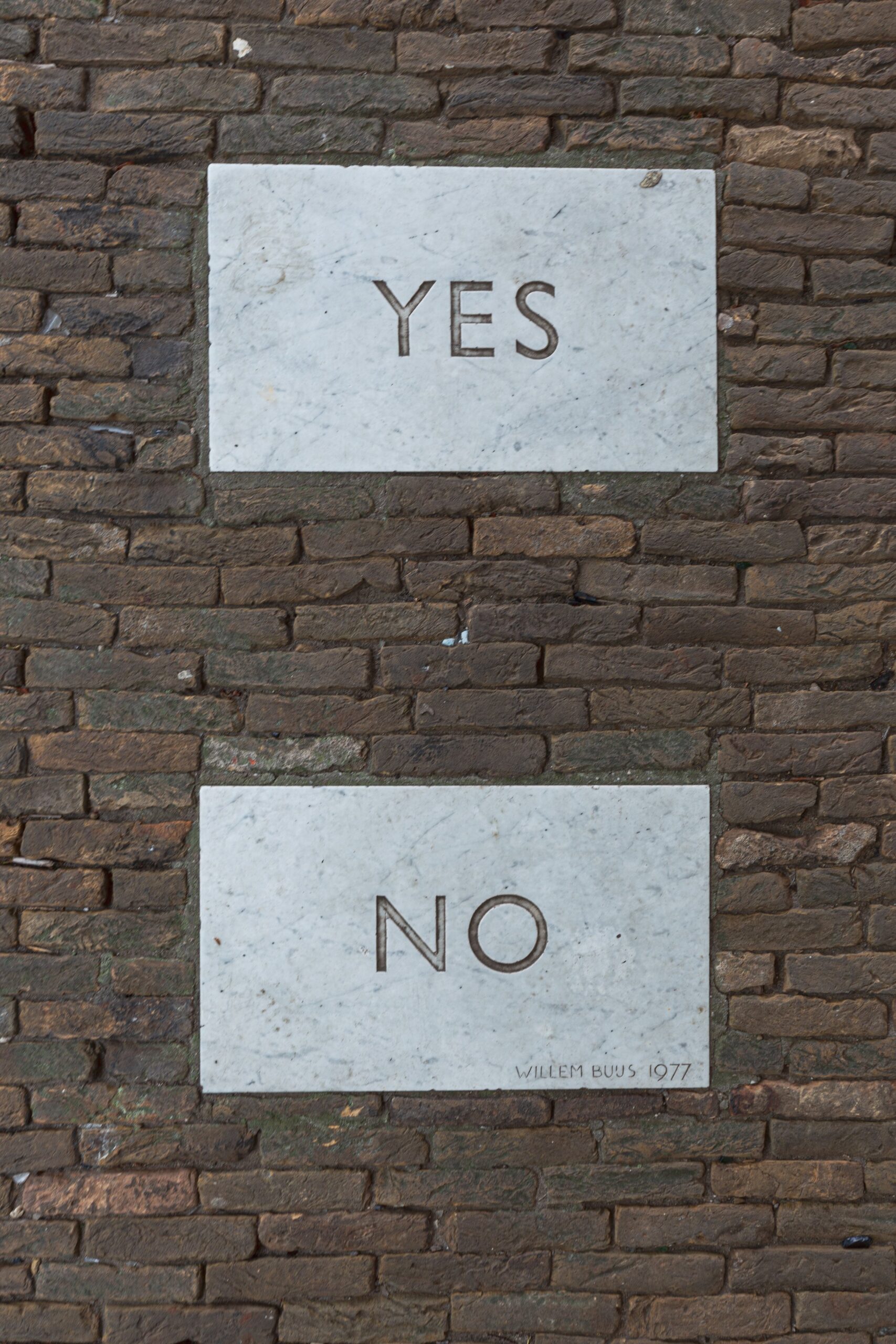
The word “no” is just two letters but can feel so intimidating and off putting to say to others. To some, this can be one of the most difficult words to udder. Despite the want to say “no” to another person, the words “yes, absolutely” or “no problem” can come in its place. Next thing you know, you are committed to a task or an event that you did not want to complete or attend. Saying “no” is an important skill to acquire and practice in order to begin prioritizing your own mental health and emotional needs.
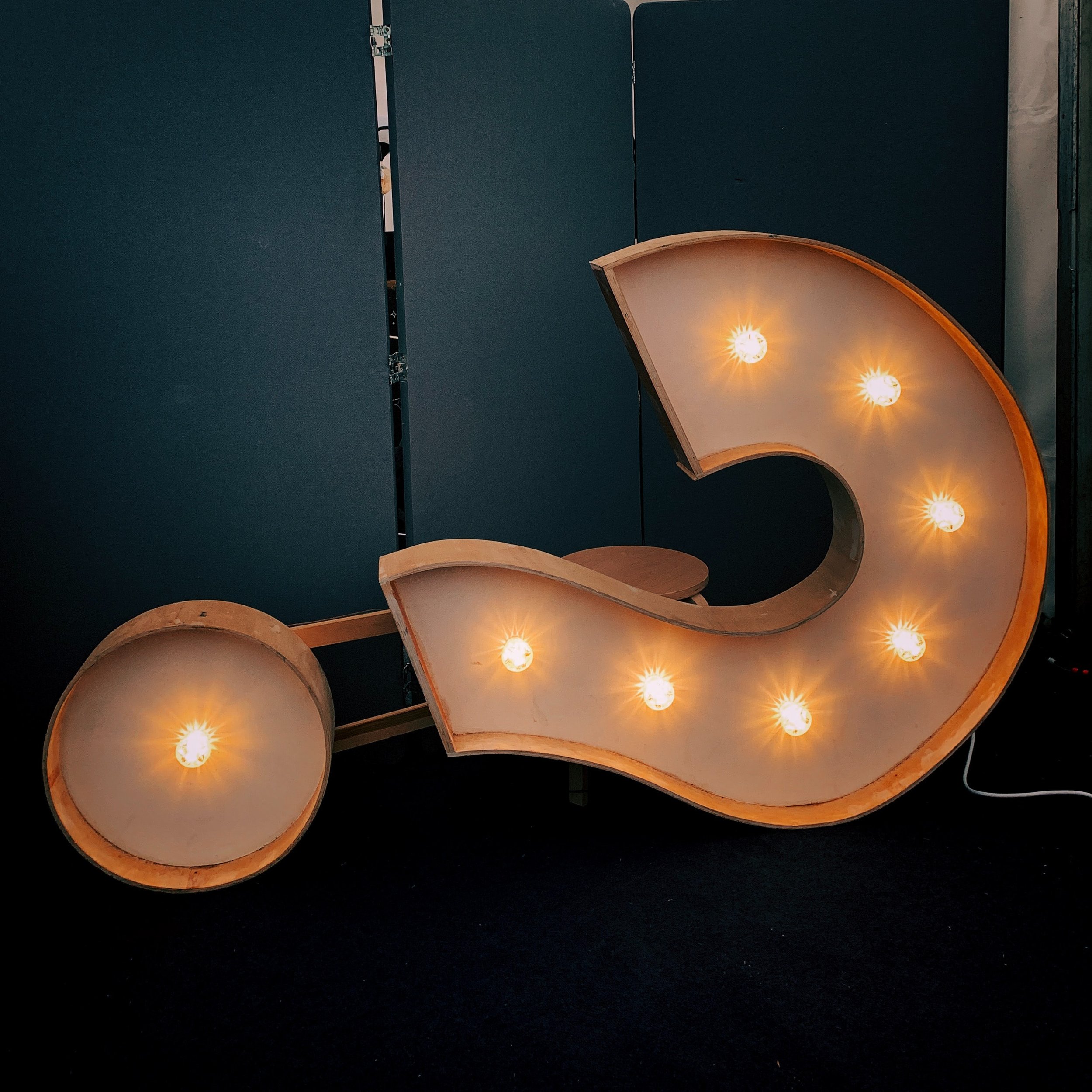
While building insight about any particular idea or choice, our minds tend to have little conversations or monologues weighing all the different aspects and facts around the situation. Sometimes we look to our trusted supports in our life to help in this process and offer an outsider’s perspective. As a therapist, insight-building is often a part of the therapeutic process. Sometimes it is a clear objective and other times it is a byproduct of the therapeutic process itself. Regardless, insight refers to our ability to use our wisdom to build a complete understanding of an idea or situation. This is very important when related to making a choice or building motivation for change.

For some reason, it has been a long road for both public and private academic institutions to take this link between mental health and academic functioning seriously. We are seeing more and more robust and dedicated mental health services and systems in our educational programs, however time spent with many families has shown me that the direct link between mental health struggles and academic struggles is hardly common knowledge.